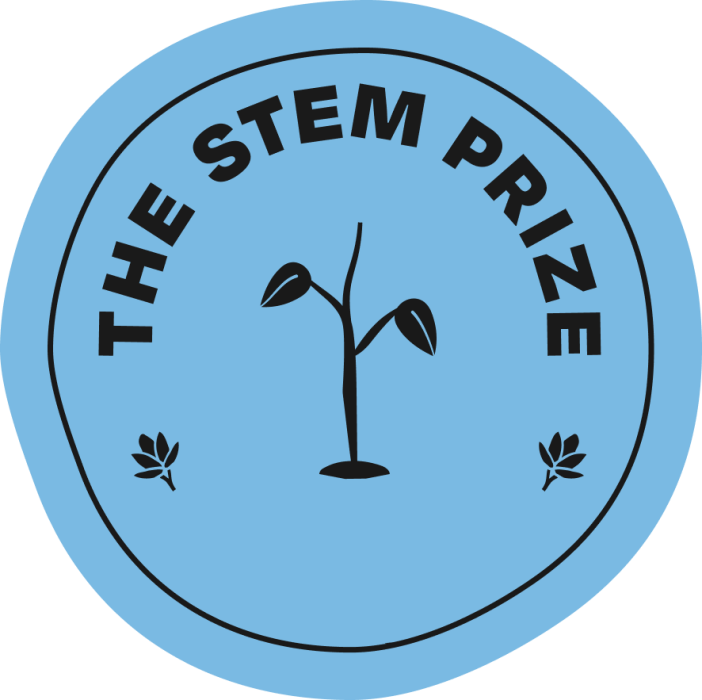As a young and promising conservation scholar at the beginning of my academic success, only one thing had occupied my mind: restore my communities surrounding Tiwai Island and thus Sierra Leone’s biodiversity into the future.
To me, the path of conservation was not just a career choice; it was a personal promise to my community. Growing up in Sierra Leone, I witnessed the loss of biodiversity that was eroding the very livelihood of local people. The disappearing forests, the vanishing important pollinators such as bees, and the fast-depleting natural resources became too pressing for me to ignore. These were not abstract issues; they hit my community and people.
From a very young age, I knew that protecting biodiversity wasn’t a noble cause but an urgent need. To me, conservation wasn’t a choice; it was an imperative for the very well-being of the people and the environment that nurtured me. An academic interest didn’t just drive my passion for protecting biodiversity; it was deeply rooted in my urge to restore the harmony between people and nature. While studying conservation, I envisioned a future where Sierra Leone’s ecosystems would be healthier, its communities more resilient, and its biodiversity protected for future generations.
With the launch of the Tiwai Honey Initiative Project in 2024, I leapt to turn that vision into reality with the birth of the Tiwai Honey Initiative, part of the Bangs Circular, aiming to help solve some very hot environmental issues in Sierra Leone. The Tiwai Honey Initiative contribute to addressing the declining numbers of pollinators—most especially bees—a challenge of increasing importance both environmentally and agriculturally.


A Game Changer for the Tiwai Honey Initiative gained momentum when I was awarded a runner-up prize in 2023, and the stem prize in 2024 from The Iris Project. These two awards brought into the project not only much-needed funding but also recognition of its importance, placing it under the spotlight within the spheres of both environmental and social entrepreneurship.
As a runner-up, I received essential funding, which helped me to initiate the first phase of the Tiwai Honey Initiative – building 120 beehives across three communities surrounding the Tiwai Island Sanctuary.
The following year, I went on to win the Stem Prize, receiving a much bigger grant, mentorship and bespoke capacity-building from The Iris Project. The Tiwai Honey Initiative has continued to expand in environmental conservation and attracted potential partners and investors, further scaling up opportunities. It was a defining moment that reaffirmed my belief that youth-led conservation could be impactful and scalable.
Since the project’s inception, the Tiwai Honey Initiative has affected eight villages so far. One key development has been the actual construction of a honey processing facility. The facility will be an important infrastructural element in enabling the community to process honey sustainably, creating local income, and contributing to other aspects of community development.
Besides bringing in an income locally, the project has also ignited an interest in young people in beekeeping, leading to increased demand for protective bee suits. In response, I secured more protective gear and added 200 additional beehives, bringing the total number of beehives to 320. Such an increase in infrastructure would guarantee a long-term rise in bee populations and, consequently, a steady stream of revenue from the communities.
Education and training lie at the heart of the Tiwai Honey Initiative. The youth were skilled in keeping our operation of beekeeping running because there was training on hive installations and how to maintain them. Overall, my work has just begun!
My vision is to scale the Tiwai Honey Initiative with more local and international stakeholders and add value to increasing honey processing in my community. I knew exactly how to make sustainable development and environmental protection allies rather than rivals. I hope to emulate the success of the Tiwai Honey Initiative by promoting similar activities in other communities surrounding the wildlife reserve.
The Tiwai Honey Initiative has grown from its humble beginnings thanks to the Iris Project’s support and the communities’ hard work. Today, the Tiwai Honey Initiative demonstrates that grassroots solutions may be a powerful instrument for addressing some of the world’s most pressing environmental and social issues, and its future seems promising.
Blog written by Aruna Bangura





